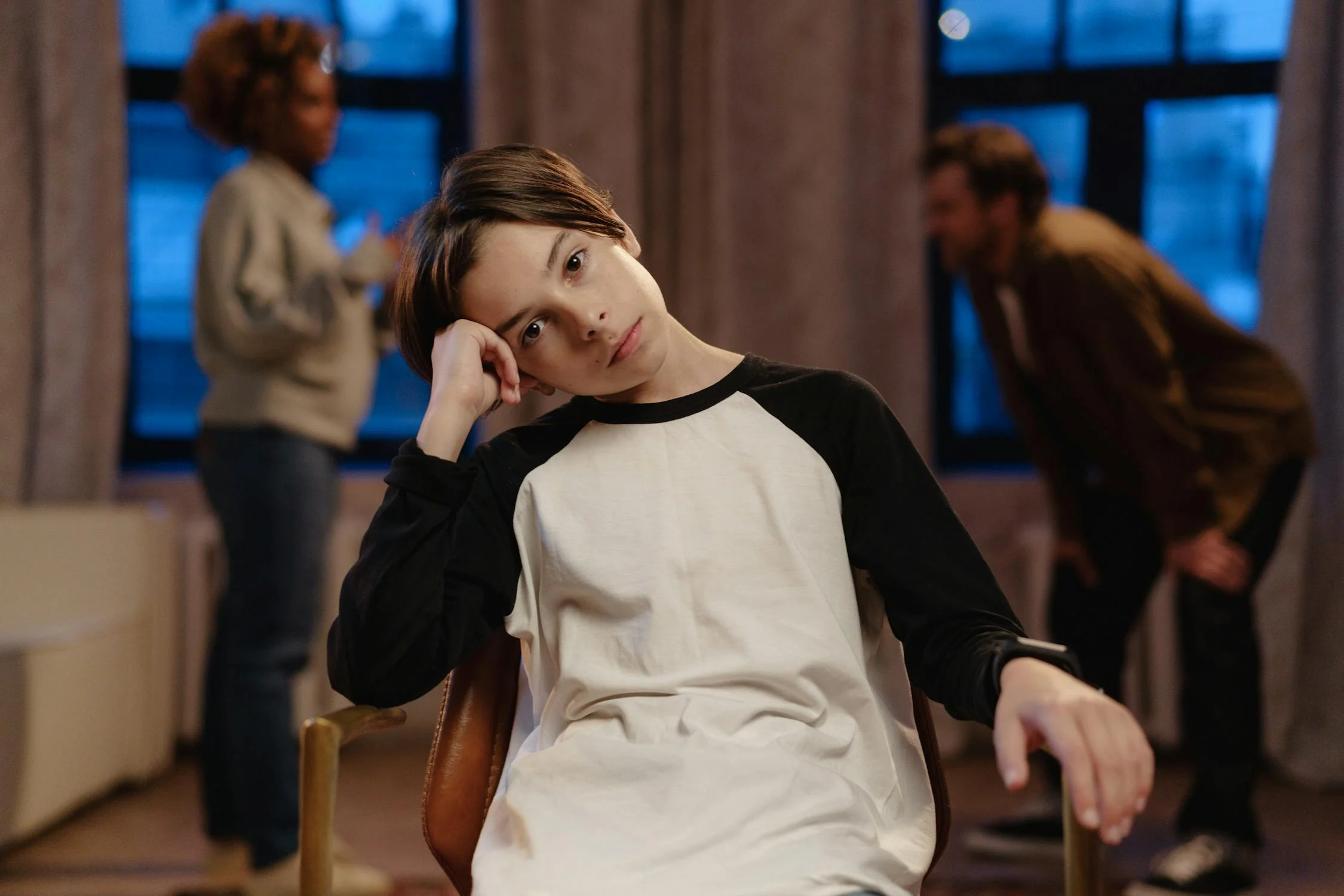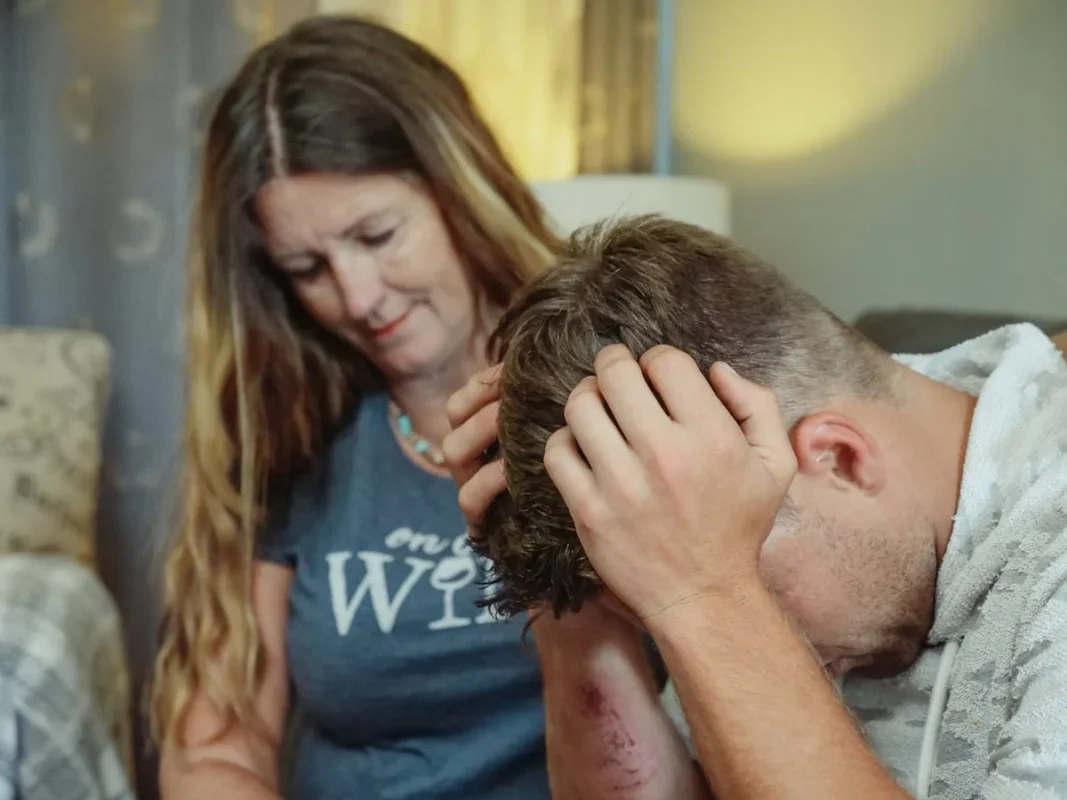Blog
Child Custody Issues That Appear After the Death of a Parent

One of the toughest decisions when a parent dies is where and with whom the child will live. If the parents were divorced or separated, this decision isn’t always automatic. In many cases, the surviving parent is considered first; however, this varies depending on legal responsibilities and fitness. The court’s role is to do what is best for the child, not what is most convenient.
For this reason, families should prepare legal documents for child custody if parents die. Without a plan, someone unexpected could end up with custody of the child. Without well-defined legal instructions, even close relatives may face challenges.
In this article, we will discuss the various child custody issues that appear after the death of a parent.
Surviving Parent’s Custody Rights
Usually, the other parent takes over automatically after one parent dies. This is only true if they previously had a legal parental duty. Many times, this entails having a court order or being listed on the birth certificate.
Should safety issues arise, the court can deny custody to a surviving parent. These include issues such as drug addiction, neglect, or abuse. If the parent is deemed unfit, the court will search for another qualified guardian.
What If the Surviving Parent Doesn’t Have Parental Rights?

Certain parents might not legally be entitled to their children. This can occur if they never signed a parental agreement or were never married. As a result, they have to follow legal procedures to claim custody.
Courts have the authority to demand a paternity test or another proof of responsibility. Should the parent pass the test and be fit, custody may be awarded. Without proof, custody can pass to the state or another family member.
When Other Family Members Step In
If the remaining parent is unfit or unavailable, relatives may request custody. Grandparents, aunts, uncles, even adult siblings are eligible. Many times, courts favor someone the child knows and feels safe with.
Relatives still have to apply through the courts. They may have to prove they can meet the child’s emotional and physical needs. A history of time spent with the child will support their case.
When the Child Is Old Enough to Choose
Older children are occasionally allowed to express a preference. The court considers this when determining custody. The court’s decision may be influenced by a child’s comfort and trust in a guardian.
This does not suggest the child has full control. The judge will still render the last ruling. The safety and well-being of the child are always the judge’s main focus.
What If Both Parents Die?
Custodial issues become a serious legal matter when both parents die. If no guardianship was set up, the court would determine the child’s caretaker. Families who expected things to go differently may even find the decision shocking.
Should a will exist, which names a guardian, the court usually respects that wish. However, if no will exists, relatives must apply to the court. The child might go into foster care without strong candidates.
Conflicts Between Guardianship Plans
Sometimes in separate wills, both parents name different guardians. This can lead to a whole lot of confusion after they die. Under such circumstances, the court intervenes to choose one of the several options.
The judge evaluates the ability of both guardians. The parent who passed away most recently may have a greater influence on the final decision. Still, the child’s best interests take center stage.
No Will, No Guardian
Should both parents die and leave no will, the court has to act. The judge reviews all the potential guardians and selects the best fit. They will look at who is able to look after the child and has a relationship with them.
Even close family members are not guaranteed custody. Every candidate must be able to satisfy the needs of the child. If none is suitable, the kid may be placed in foster care.
